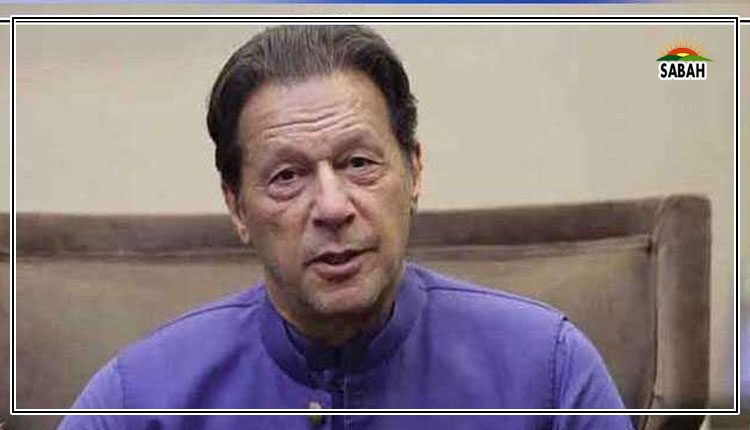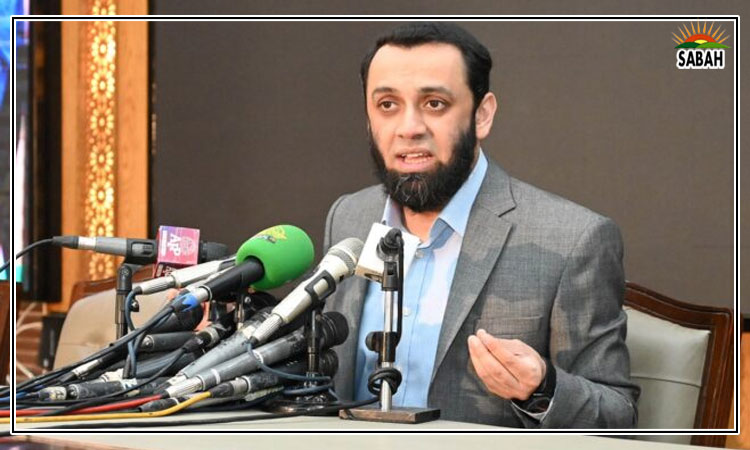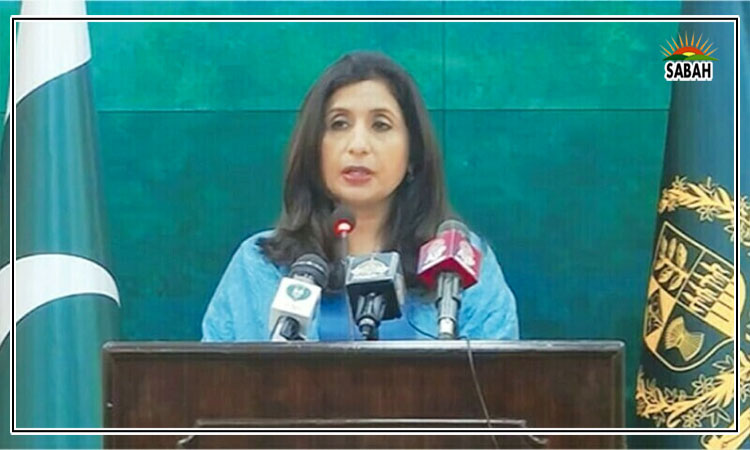Neoliberal approach…Nazir A. Jogezai
THE advent of neoliberalism has been marked by the transition from an administrative state, which was previously accountable for both the economy and human welfare, to one that empowers multinational corporations. This transition implements systems and ideologies that reshape individuals into economic entrepreneurs and transfer accountability for domains such as education, healthcare, and security.
This represents more than a mere revival of liberal principles that regard self-sufficiency and independence as prerequisites for self-respect, self-esteem etc. Rather, it signifies a disregard for collective responsibility for the vulnerable and marginalised and an emphasis on enterprise and the capitalisation of existence via calculated investments and actions.
The public service institutions that initially implemented the novel modes of governmentality were educational institutions and universities. But the implementation of neoliberal policies has significantly transformed the discourse, structure, and role of education within society.
Academic institutions, including schools and universities, are undergoing significant changes to cultivate subjects who bear the responsibilities of entrepreneurs and operate in every aspect of their lives. As a result, policy currently frames and justifies education as a venue for constructing human capital and fostering economic productivity beginning from early schooling and continuing through higher education.
Powered by KM
BasketBall Sport Skills FULL HDNOW PLAYING
Cylcing – Hit The Road And Get Back Outdoiors FULL HD
The Worlds Most Incredibel Dog FULL HD
London vlog 2021 London travel guide – Top ten things to do this year in London – ‘Gods junk yard!’
The underperformance of young individuals on international standardised tests, or their failure to complete secondary education, constitutes a policy issue as it imposes an economic burden on the nation. Put simply, the lack of success exhibited by young individuals in their pursuit of education is perceived as an economic issue, given that education is primarily regarded as economically significant.
Neoliberal policies have transformed the role of education.
A similar argument posits that public education is unproductive, excessively unionised, indifferent to the needs of its students, devoid of accountability, and inadequate in fostering the development of human capital. Neoliberal strategies have included market practices such as the chartered status of failing schools in the United States and their quasi-marketisation in other countries.
Public-private partnership (PPP) initiatives, such as voucher programmes, serve as a means to reduce the burden of the state in terms of public education. Lack of investment in education and indifference to the deteriorating quality of education contribute to the desire for PPP. As a consequence, an alternative approach is to propose the privatisation of public education.
Within the framework of neoliberal education, institutions strive to create the illusion that they are fulfilling the expectations of their clients. This is accomplished through various means, such as strategically prioritising exam-oriented instruction, allocating additional support to students deemed likely to perform well on assessments, attracting academically superior students who will elevate the schools standing, and reallocating resources away from students with special needs.
Critics frequently consult the works of theorists such as Foucault, who delineates the instruments of disciplinary authority as hierarchical observation, normalising judgement, and their amalgamation within a procedure known as the examination. Normalising judgement creates a consistent benchmark for every learner, whereas hierarchical observation oversees and controls conduct.
Curriculum and standardised examinations employ these instruments to quantify and regulate individuals by delineating their worth in relation to a predetermined standard. This standardised approach exacerbates inequalities and has adverse effects on teaching, learning, and institutional culture. It compromises inclusion in terms of identities, ideologies, ethnicity and history from the outset. Furthermore, it undermines holistic human development, erodes the capacity for critical thinking, and most significantly, transforms education into an afterthought rather than something that originates from individual and societal requirements. This mode of education also strengthens social dichotomies and empowers those in authority and the privileged.
It is unjust to oversimplify neoliberalism as a negative ideology or to romanticise the pre-neoliberal era as more significant. Prior educational systems were not without their own challenges and disparities. Specific elements of present-day neoliberal policies, including marketing of education, standardisation of education and assessments serve to augment accountability and facilitate the identification of disparities.
For continuous attempts to improve education, the emphasis should not be solely on its economic methods and ramifications, but rather on the broader social welfare through public ownership and the promotion of diversity and inclusion.
Courtesy Dawn












